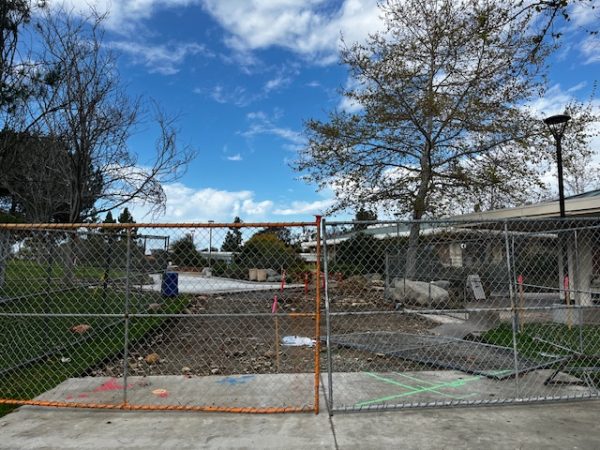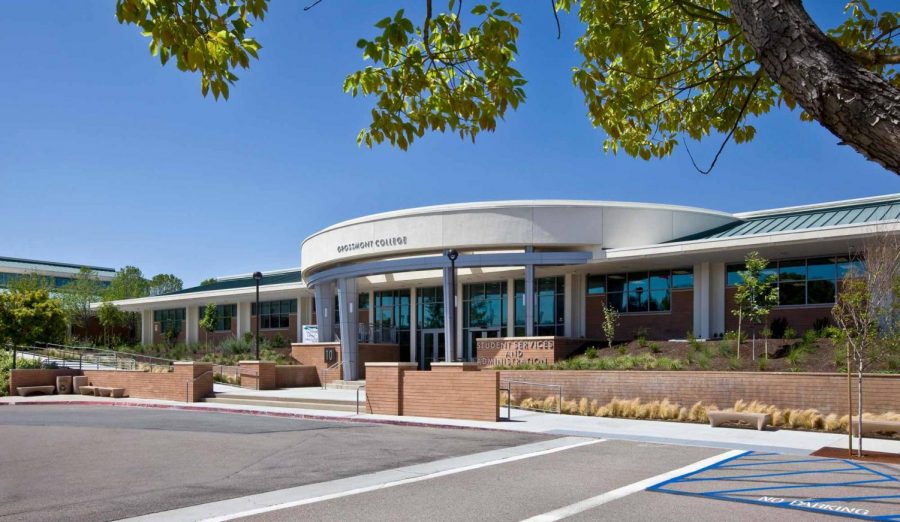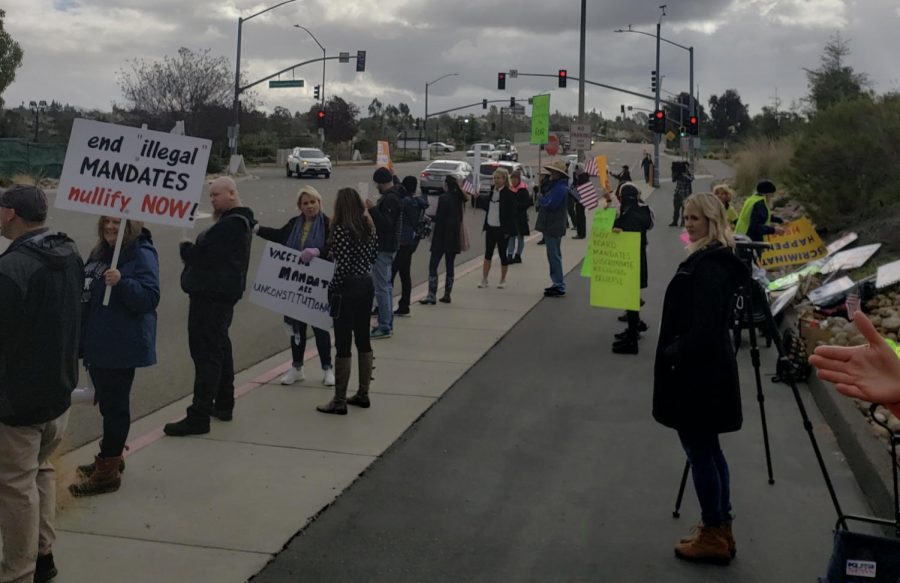GROSSMONT COLLEGE — As we review Governor Brown’s revised May budget, we’re forecasting what this will mean for California’s community colleges and our District. We can’t simply look at the short term and declare sunny skies; we’ve got to look ahead for storm systems that could darken the skies of our District’s financial future.
Overall, our state’s financial climate remains tumultuous. California’s predicted budget shortfall for 2012-13, which was $9 billion in January, has now increased to nearly $16 billion. This is the result of (1) revenues that were $4.3 billion short of January estimates; (2) Proposition 98 funding guarantees that have grown by $2.4 billion; and (3) federal government and court decisions that removed $1.7 billion in planned budget savings.
Our predictions about the future of the state’s finances remain fogged in by opposing political forces. The governor’s plan calls for a two-pronged solution to California’s long-standing structural deficit—cuts plus taxes—neither of which prompt public cheers. The plan makes our state’s community colleges dependent on three main revenue sources for 2012-13, each with unpredictable elements: (1) revenues from Facebook’s initial public offering, which just launched this week; (2) recaptured funds from city and county redevelopment agencies; and (3) funding from the governor’s proposed November tax measure, “The Schools and Local Public Safety Protection Act of 2012.”
When Governor Brown’s budget was announced on Monday, a quick read might lead to the conclusion that community colleges actually fared well. The revised May budget calls for increased funding to buy down deferrals for community colleges—those nasty funding delays that cost us in cash flow and borrowing expenses—from $218 million in January to $313 million. Plus, our mid-year “February surprise” cut of $2.8 million is projected to be reduced to around $2 million, but we won’t know for sure until we get year-end numbers. These could soften the massive cuts we’re taking this year, but only by a little. Still, any savings we capture help us prepare for gloomy days ahead.
Governor Brown’s budget for the fiscal year that begins July 1 is staked on the bet that voters will approve his tax initiative in November. Considering that most polls show only slightly more than half of voters favor the tax at this time, that’s an incredibly risky wager. If the governor’s tax initiative fails in November, 90% of the cuts in the state budget—$5.5 billion—will come from K-12 schools and community colleges.
The governor’s revised budget (the “May Revise”) we received this week paints a bleaker forecast than previously estimated for community colleges if the tax measure does not pass. Here’s what it will mean to our 2012-13 District budget if the tax measure fails:
· An additional base cut of $4.9 million (up from $4.3 million estimated in January)
· A workload reduction of 6.4% (up from 5.6% estimated in January)
· Loss of $5 million in deferral repayments
What this translates to is another 450 course section cuts, more hiring delays, deeper cuts in operations, and even darker prospects for 2013-14, since our rainy day funds would be all but depleted.
Even if the tax measure passes, it will only mean our skies are a little less gray. Community colleges have been cut by more than $800 million in the last four years, and the tax measure would only take us back to 2007-08 Proposition 98 funding levels. That wouldn’t account for four years of fixed cost increases (about $2 million annually for GCCCD) or today’s increased demands. In this best-case scenario, we would see about $5 million in increased revenues (we took more than $8 million in midyear cuts this year alone), but it would also help us restore some much-needed classes and take some pressure off our system. It would still be a long way back to fiscal stability for California, but this would be a giant step in the right direction.
Given all this fiscal haziness, we can’t take risks with our District budget forecasts for next year. The midyear cuts we weathered this year halved our year-end savings, leaving us more exposed to future budget tsunamis. Our 2012-13 budget is built on the rainy day assumption that the November tax measure won’t pass.
We have stepped up our austerity measures to push all the savings we can find from this year into next year’s budget to fill our “worst case scenario” budget hole. Our Board of Trustees and I recognize how hard this is on everyone. Plus, we know the Early Retirement Initiative is adding stress to our system. We thank you for taking these hard steps with us. These are what make it possible for us to remain financially sound and avoid even more negative impacts on our contract employees, while doing all we can to serve our students.
I am heartily impressed by our employees’ willingness to “keep on keeping on” in service to our students and community. In this season of celebrations and commencements, we can hold our heads high and celebrate many successes despite our budget storms. At our Board meeting this week, we were proud to see that our Accountability Reporting for Community Colleges (ARCC) data show improvements in almost every measure of student and institutional achievement for both Grossmont and Cuyamaca Colleges. And we are most pleased to celebrate the more than 2,300 students who earned degrees and certificates at our colleges this year!
In the face of continuing fiscal climate change, “plan for the worst and work for the best” remains our mantra. You may be wondering how you can help. The most important thing we all can do is talk to our friends, neighbors, and relatives about what the November tax measure will mean for community colleges and California’s future. Talk about the direct impact on students whose dreams are being deferred, about families whose economic stability is threatened because breadwinners can’t get the training they need to get jobs, and about our great Golden State that is tarnished by not making the smartest investment a society can make in its future: education!
In the meantime, I am proud of all of your extraordinary efforts on behalf of our students to ensure they get the highest quality education possible. Your dedication and hard work always bring a little sunshine into my life.
*
Miles is chancellor of the Grossmont-Cuyamaca Community College District


















